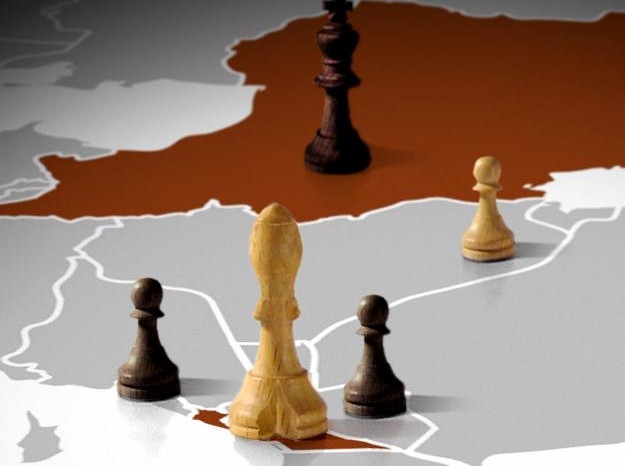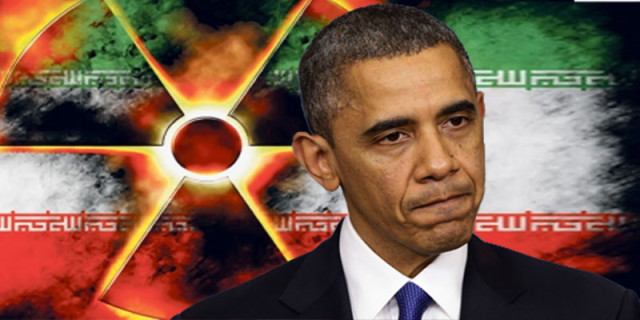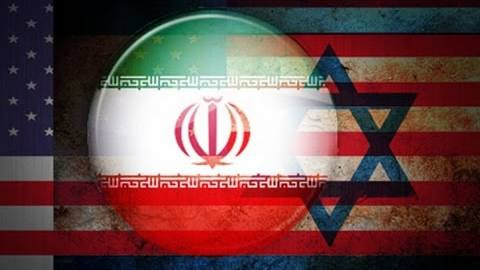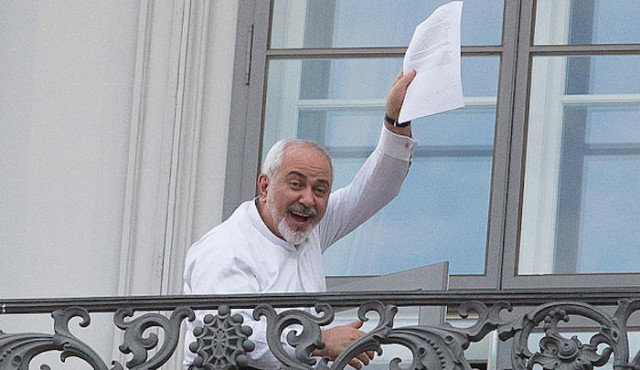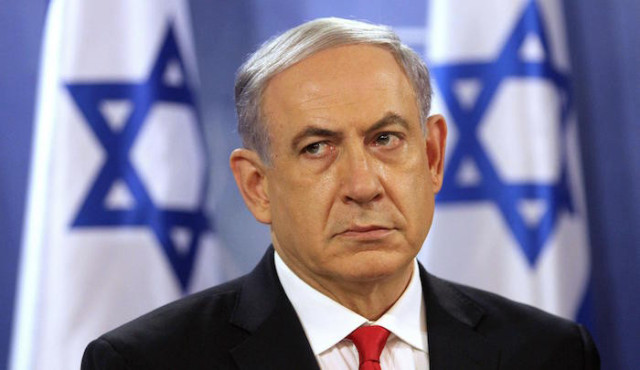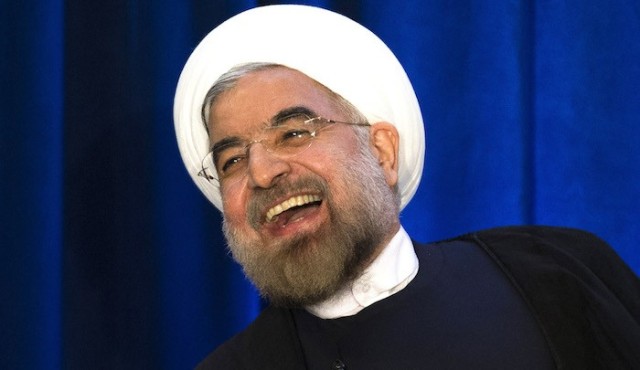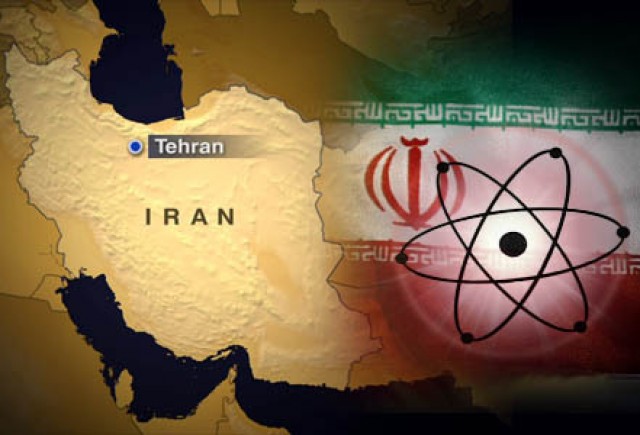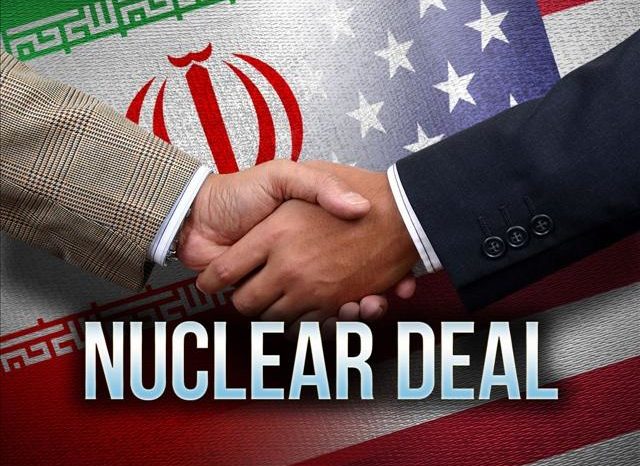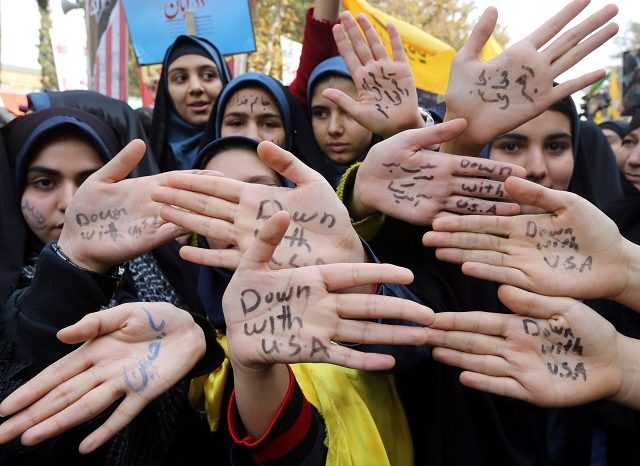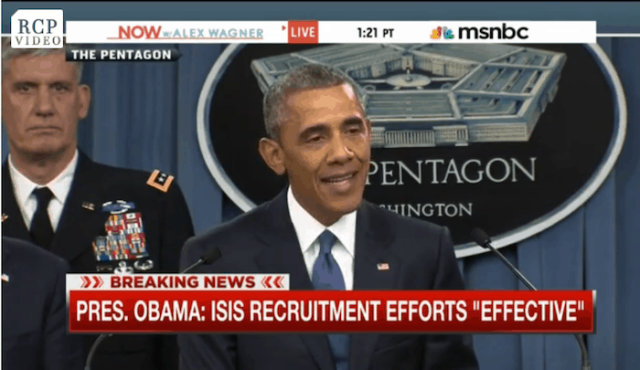Bret Stephens in his Global View column in today’s Wall Street Journal presents prolepsis arguments as to why the P5+1 deal with a nuclear Iran is a dangerous folly perpetrated by Secretary of State Kerry and President Obama on America, Israel and the World. It is a preview of the arguments that President Obama and Secretary of State Kerry and their spokespersons will use to seal this deal in Press Conferences in Vienna and on Capitol Hill in Washington later this morning when the President meets with Democratic members of Congress.
Congress, under the Iran Nuclear Agreement Review Act, will now have the daunting task of reviewing the 100 page agreement that emerged from feckless deliberations in Vienna. That despite the blandishments to be offered by President Obama to fellow Democrats on Capital Hill today will likely be a very bad deal with the apocalyptic Mahdist regime in Tehran. An Islamo fascist regime and state sponsor of terrorism seeking the destruction of Israel , America and faltering Middle East allies.
Read Stephens’ cogent rebuttal of the misguided hopes and faulty logic of what passed for diplomatic appeasement of Iran successfully retaining the capability to be come a nuclear threshold state under the terms of this final Joint Plan of Action.
The Wall Street Journal
The heroic assumptions, and false premises, of our diplomacy.
By BRET STEPHENS
In formal rhetoric, prolepsis means the anticipation of possible objections to an argument for the sake of answering them. So let’s be proleptic about the Iranian nuclear deal, whose apologists are already trotting out excuses for this historic diplomatic debacle.
The heroic case.Sure, Supreme Leader Ali Khamenei is an irascible and violent revolutionary bent on imposing a dark ideology on his people and his neighborhood. Much the same could be said of Mao Zedong when Henry Kissinger paid him a visit in 1971—a diplomatic gamble that paid spectacular dividends as China became a de facto U.S. ally in the Cold War and opened up to the world under Deng Xiaoping.
But the hope that Iran is the new China fails a few tests. Mao faced an overwhelming external threat from the Soviet Union. Iran faces no such threat and is winning most of its foreign proxy wars. Beijing ratcheted down tensions with Washington with friendly table-tennis matches. Tehran ratchets them up by locking up American citizens and seizing cargo ships in the Strait of Hormuz. Deng Xiaoping believed that to get rich is glorious. Iranian President Hasan Rouhani, a supposed reformer, spent last Friday marching prominently in the regime’s yearly “Death to America, Death to Israel” parade.
If there is evidence of an Iranian trend toward moderation it behooves proponents of a deal to show it.
The transactional case. OK, so Iran hasn’t really moderated its belligerent behavior, much less its antediluvian worldview. And a deal won’t mean we won’t still have to oppose Iran on other battlefields, whether it’s Yemen or Syria or Gaza. But that doesn’t matter, because a nuclear deal is nothing more than a calculated swap. Iran puts its nuclear ambitions into cold storage for a decade. In exchange, it comes in from the cold economically and diplomatically. Within circumscribed parameters, everyone can be a winner.
But a transaction requires some degree of trust. Since we can’t trust Iran we need an airtight system of monitoring and verification. Will the nuclear deal provide that? John Kerry will swear that it will, but as recently as January Czech officials blocked a covert $61 million purchase by Iran of “dual-use” nuclear technologies. A month before that, the U.S. found evidence that Iran had gone on an illicit “shopping spree” for its plutonium plant in Arak. That’s what we know. What do we not know?
Also, how does a nuclear deal not wind up being Iran’s ultimate hostage in dictating terms for America’s broader Mideast policy? Will the administration risk its precious nuclear deal if Iran threatens to break it every time the two countries are at loggerheads over regional crises in Yemen or Syria? The North Koreans already mastered the art of selling their nuclear compliance for one concession after another—and they still got the bomb.
The defeatist case. All right: So the Iran deal is full of holes. Maybe it won’t work. Got any better ideas? Sanctions weren’t about to stop a determined regime, and we couldn’t have enforced them for much longer. Nobody wants to go to war to stop an Iranian bomb, not the American public and not even the Israelis. And conservatives, of all people, should know that foreign policy often amounts to a choice between evils. The best case for a nuclear deal is that it is the lesser evil.
Then again, serious sanctions were only imposed on Iran in November 2011. They cut the country’s oil exports by half, shut off its banking system from the rest of the world, sent the rial into free fall and caused the inflation rate to soar to 60%. By October 2013 Iran was six months away from a severe balance-of-payments crisis, according to estimates by the Foundation for Defense of Democracies. And that was only the first turn of the economic screw: Iran’s permitted oil exports could have been cut further; additional sanctions could have been imposed on the “charitable” foundations controlled by Iran’s political, military and clerical elite. Instead of turning the screw, Mr. Obama relieved the pressure the next month by signing on to the interim agreement now in force.
It’s true that nobody wants war. But a deal that gives Iran the right to enrich unlimited quantities of uranium after a decade or so would leave a future president no option other than war to stop Iran from building dozens of bombs. And a deal that does nothing to stop Iran’s development of ballistic missiles would allow them to put one of those bombs atop one of those missiles.
Good luck. Americans are a lucky people—lucky in our geography, our founders and the immigrants we attract to our shores. So lucky that Bismarck supposedly once said “there is a special providence for drunkards, fools, and the United States of America.”
Maybe we’ll get lucky again. Maybe Iran will change for the better after Mr. Khamenei passes from the scene. Maybe international monitors will succeed with Iran where they failed with North Korea. Maybe John Kerry is the world’s best negotiator, and this deal was the best we could do.
Or maybe we won’t be lucky. Maybe there’s no special providence for nations drunk on hope, led by fools.
EDITORS NOTE: This column originally appeared in the New English Review.

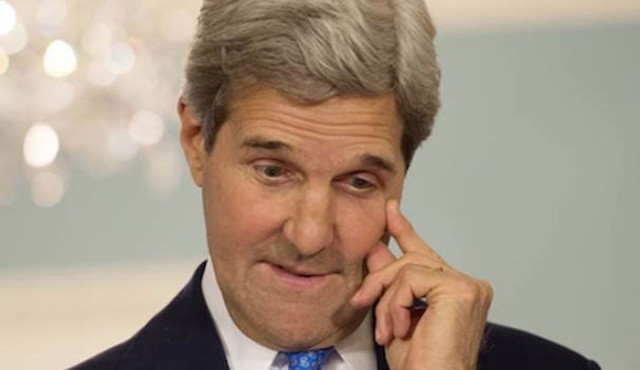
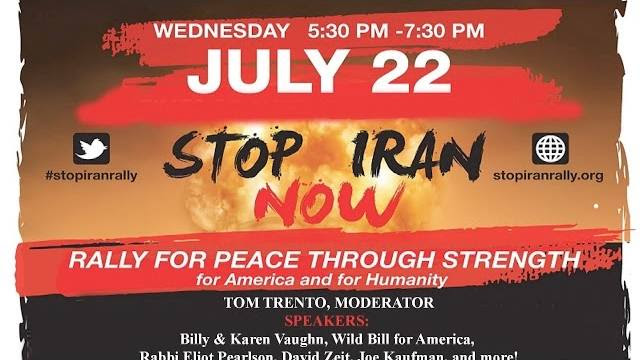
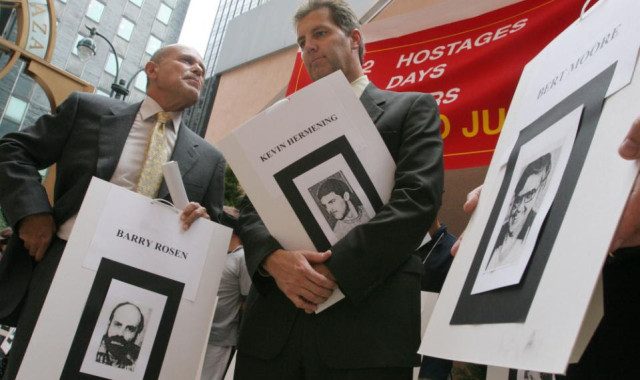


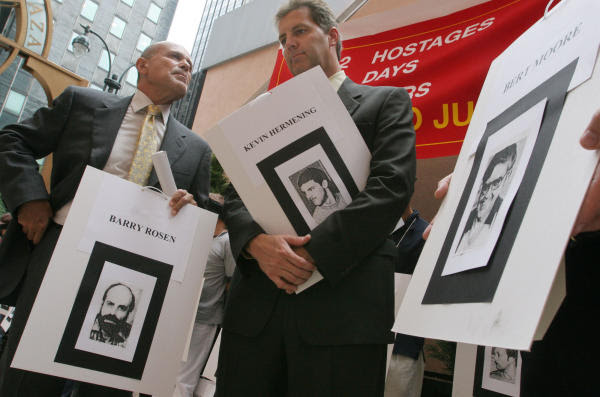
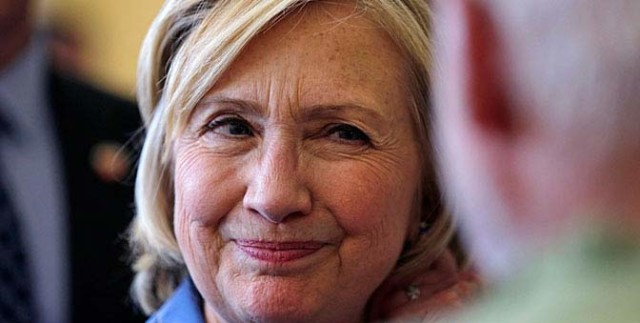
 It’s usually pretty easy to be a liberal these days. Most of their policy prescriptions and legislative proposals require nothing more than a quick talking point, with no further analysis or questions answered regarding the long-term effects of such proposals. If a liberal policymaker wants to take more money from hard working Americans via higher taxes, he or she simply throws out the “pay your fair share” talking point and doesn’t ever worry about explaining to hard-working Americans what their “fair share” is. If a liberal policymaker wants to steal away control of your health care decisions, he or she simply throws out the “health care is a right” talking point without ever explaining how declaring things as “rights” confers numerous obligations on others, all enforceable using the force of government.
It’s usually pretty easy to be a liberal these days. Most of their policy prescriptions and legislative proposals require nothing more than a quick talking point, with no further analysis or questions answered regarding the long-term effects of such proposals. If a liberal policymaker wants to take more money from hard working Americans via higher taxes, he or she simply throws out the “pay your fair share” talking point and doesn’t ever worry about explaining to hard-working Americans what their “fair share” is. If a liberal policymaker wants to steal away control of your health care decisions, he or she simply throws out the “health care is a right” talking point without ever explaining how declaring things as “rights” confers numerous obligations on others, all enforceable using the force of government.